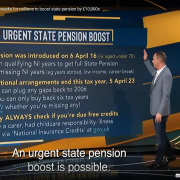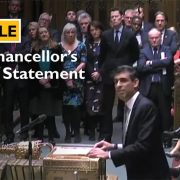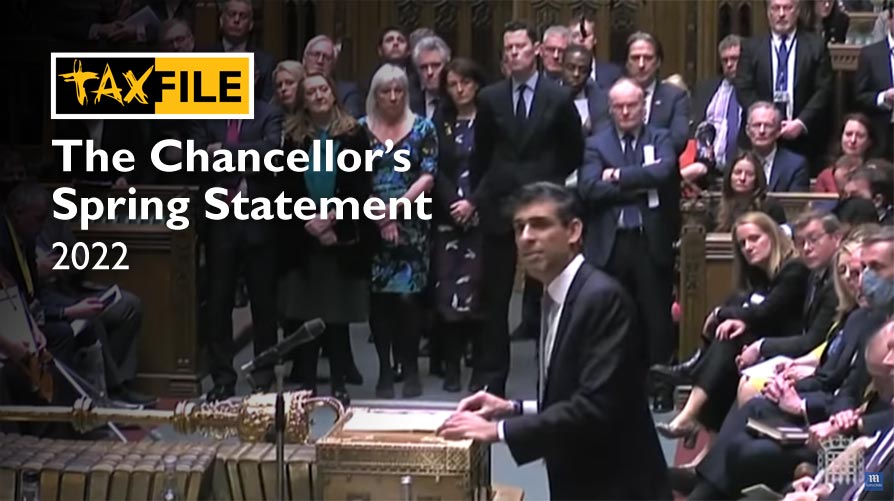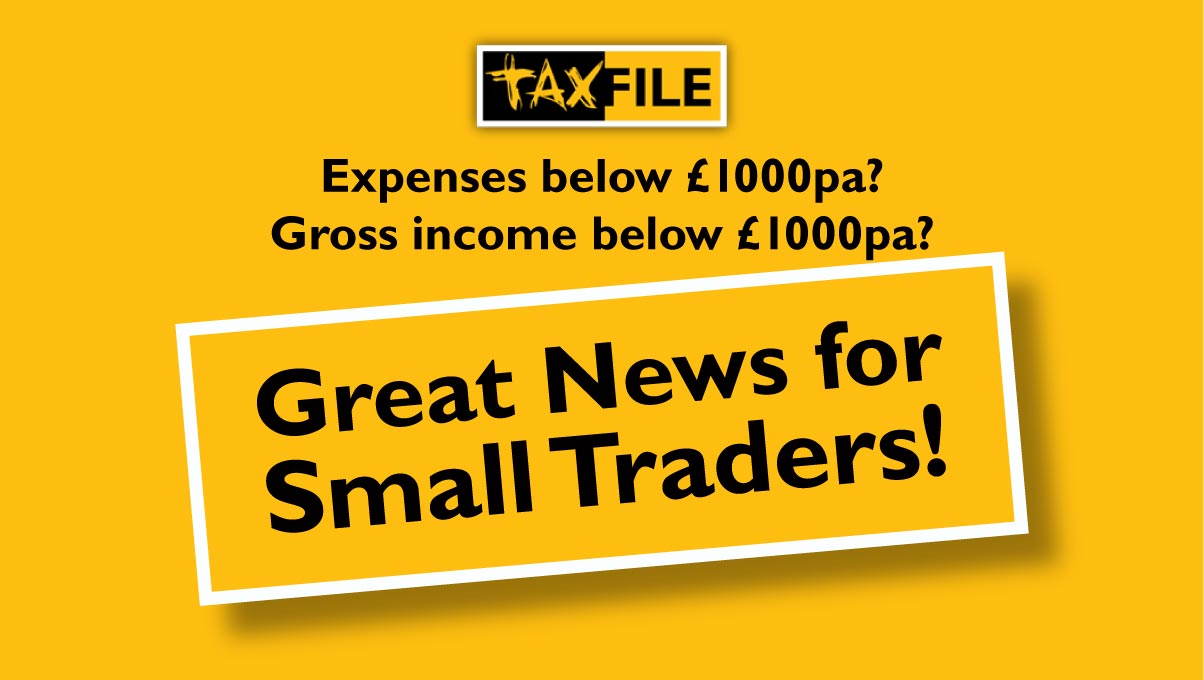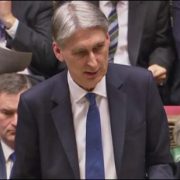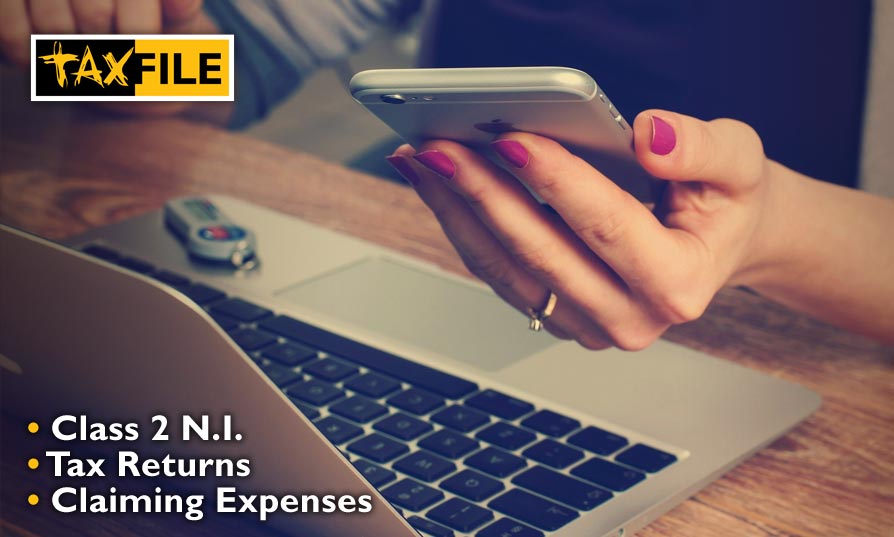
Are you self employed? If so, Joe from Taxfile has some quick advice for you:
Class 2 National Insurance
It is important to register for Class 2 National Insurance. A lot of people don’t have this set up correctly and, if not sorted, then it can greatly affect your pension in the future. Class 2 National Insurance isn’t a lot of money, so speak to one of our advisors to make sure you’re set up. Finding out missing years is also possible.
Tax Returns
Try to file your tax return early. A major benefit to this is knowing what your tax liability will be long before it is due. That way, you can plan ahead or even set up a payment plan.
If you are filing your return late, then it is very important to try to get up to date as soon as you can. Apart from the initial £100 penalty for late returns, you will eventually end up paying a £10 per day penalty too if you don’t get up to date soon enough. That can soon spiral out of control. HMRC is very good at helping people who are struggling, but they can’t help if you bury your head in the sand. Penalties for late tax returns can be appealed but you must have very a good reason, like illness or death in the family.
Are you claiming the right expenses?
Speak to one of our agents about allowable expenses. A lot of people don’t claim the right expenses and can end up overpaying their tax. We can help with that, so you save unnecessary tax.
Contact Taxfile
Speak to Taxfile for any of your tax needs. Our staff skills are so versatile that, between us, there is nothing accounting- or tax-related that we can’t help with.
Call Taxfile on 020 8761 8000 or email your tax-related query and we’ll be happy to help. We also offer a free 20-minute introductory appointment if you’d like to meet us in person or virtually through a video or telephone call — whatever you prefer. We are accountants and tax advisors in Tulse Hill/Dulwich South London and Devon/Cornwall in the South West.
This post was brought to you by Joe at Taxfile.



